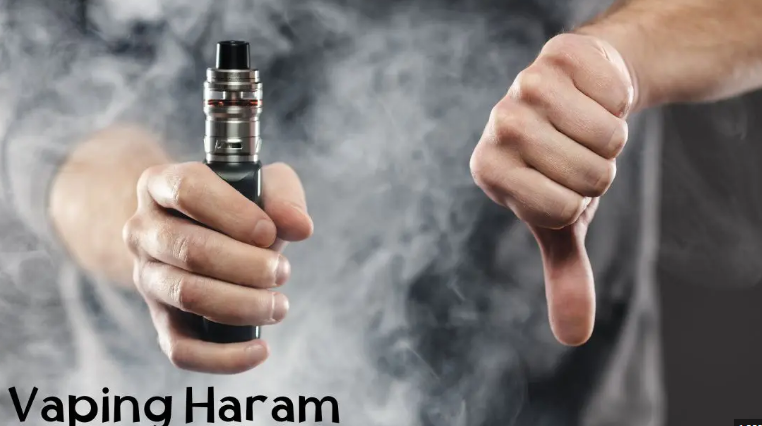In Islam, vaping is considered Haram if it contains harmful substances or leads to addiction.
Introduction
Overview of Vaping and Its Prevalence
Vaping has become increasingly popular in recent years as a perceived alternative to traditional smoking. Electronic cigarettes (e-cigarettes) or vapes are devices that simulate the experience of smoking by vaporizing a liquid, commonly referred to as e-liquid or vape juice, which may contain nicotine, flavorings, and other chemicals. The global vaping market has seen significant growth, with the number of adult vapers worldwide increasing from about 7 million in 2011 to 41 million in 2018, according to the World Health Organization. This surge in popularity is attributed to factors such as the perception of vaping as a less harmful alternative to smoking, the availability of various flavors, and the social aspect of vaping culture.
Definition of Haram in Islam
In Islam, the term “Haram” refers to anything that is prohibited or forbidden by Islamic law. This includes actions, behaviors, and substances that are considered harmful to individuals, society, or one’s relationship with Allah. The determination of what is Haram is based on the Quran, the Hadith (sayings and actions of the Prophet Muhammad), and the interpretations of Islamic scholars. For example, consuming alcohol and pork is considered Haram in Islam due to their explicit prohibition in the Quran and Hadith. The classification of a substance or action as Haram carries significant moral and religious implications for Muslims, who are expected to adhere to these guidelines in their daily lives.

Analysis of Vaping Ingredients
Examination of Common Ingredients in E-liquids
E-liquids, also known as vape juices, are the key components that produce vapor in e-cigarettes. They typically contain the following main ingredients:
- Propylene Glycol (PG): A colorless, odorless liquid used as a base in e-liquids. PG is recognized as safe for ingestion by the Food and Drug Administration (FDA), but its effects when inhaled over the long term are not fully understood.
- Vegetable Glycerin (VG): Another base used in e-liquids, VG is a thicker, sweeter liquid derived from vegetable oils. Like PG, it is considered safe for ingestion, but its long-term inhalation effects are unclear.
- Nicotine: A highly addictive substance found in tobacco plants. E-liquids come in various nicotine strengths, allowing users to choose their desired level. The addictive nature of nicotine raises concerns about the potential for vaping to lead to nicotine dependence.
- Flavorings: A wide range of food-grade flavorings are used to create different tastes in e-liquids. While these flavorings are generally safe for consumption, their safety when inhaled is not fully established.
Islamic Perspective on the Consumption of These Substances
From an Islamic standpoint, the permissibility of consuming substances depends on their potential for harm and whether they contain any Haram ingredients. Based on the current understanding of e-liquid ingredients:
- Propylene Glycol and Vegetable Glycerin: These substances are considered permissible (Halal) for consumption in Islam, as they are not harmful when ingested in moderate quantities. However, the lack of clear evidence on the long-term effects of inhaling these substances means that caution is advised.
- Nicotine: While nicotine itself is not explicitly Haram, its addictive nature and potential health risks raise concerns. Islamic scholars may view the use of nicotine in vaping as undesirable, especially if it leads to addiction or harm.
- Flavorings: The permissibility of flavorings depends on their individual components. If a flavoring contains alcohol or other Haram substances, it would be considered impermissible. Otherwise, flavorings are generally considered Halal.
In conclusion, while some ingredients in e-liquids are considered Halal for consumption, the overall Islamic perspective on vaping would take into account the potential for addiction and long-term health effects.
